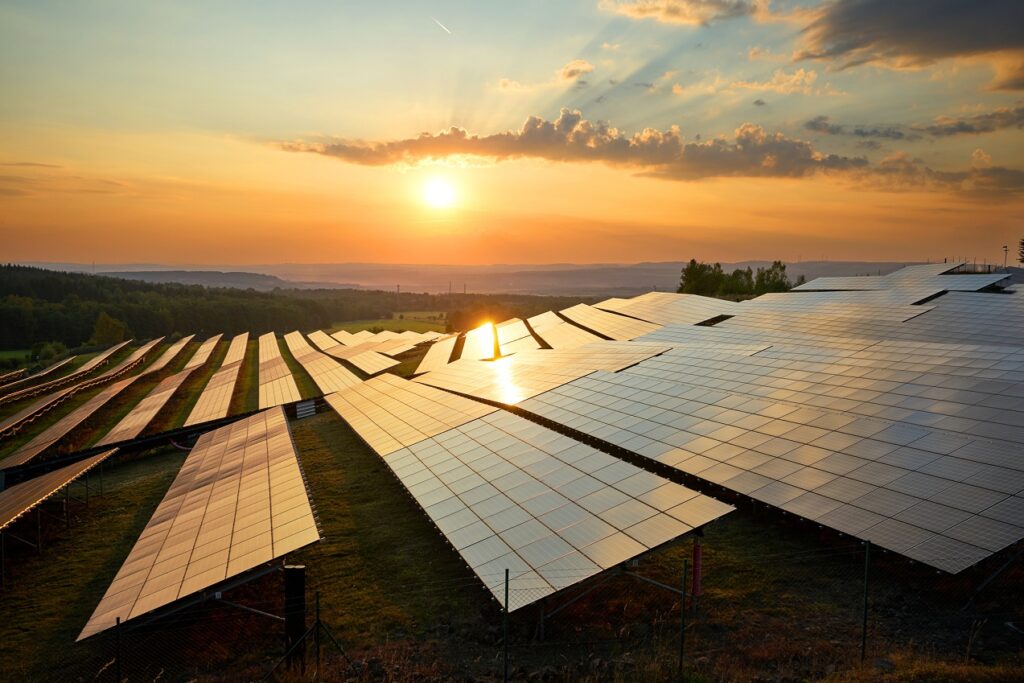2022 was a “record-breaking green year” but high fossil-fuel costs still led to energy prices almost doubling.
According to new analysis from Imperial College London for Drax Electric Insights, commissioned via Imperial Consultants, Britain generated a record amount of renewable energy last year, generating 40% of the country’s electricity, up from 35% the previous year.
Over the last decade, renewables have more than quadrupled, with the share of renewables increasing dramatically from 8% in 2012.
Wind generation in particular has continued to go from strength to strength, and repeatedly broke records in 2022. It accounted for 28% of the energy mix in 2022, up from 23% across 2021.
On 26 May, there was a period when renewables provided 72.8% of power to the grid, with wind farms generating a landmark 20GW, according to Imperial. The maximum output from wind is now up by a third compared to in 2018.
This follows National Grid ESO celebrating the latest wind generation record in November, when the technology generated 53% of all the UK’s electricity over the 12:30 settlement period.
However, despite the dramatic growth in the renewables sector, the unprecedentedly high cost of gas meant that power prices also hit a new all-time high.
Fossil fuels were used to generate 42% of Britain’s power supply from 1 January to 17 December with projections to account for the rest of the year used by Imperial in its analysis. This is the largest share of the fuel mix since 2016, with the output from gas rising to 113.8TWh, up from 107.2TWh in 2021.
As such, and given the high cost of gas currently, Britain is on course to have an annual average wholesale price above £200/MWh for the first time ever in 2022. This is up from £113/MWh in 2021, and nearly six times higher than the cost of electricity in 2020 which sat at £34/MWh.
“This has been a year like no other for the energy industry,” said Dr Iain Staffell of Imperial College London, and lead author of the quarterly Drax Electric Insights report series.
“The public are feeling the pain of high gas prices on their energy bills even though renewables are providing the grid with more cheap, green electricity than ever before.
“The lesson from 2022 is that we need to break our addiction to fossil fuels once and for all if we want lower cost and more secure energy supplies. If we had not invested in wind, solar and biomass over the last decade our energy bills would have been even higher, as would the risk of blackouts over winter.”
One key dynamic shift over the last year was Britain’s role as a net exporter of power for the first time in more than a decade. Britain’s power exports quadrupled over 2022 to 17.2TWh of electricity, generating around £3.1 billion Imperial suggested, with the figure based on the total volume of gross exports if they were sold at day-ahead prices.
The country exported a net total of 1.9TWh, a dramatic change from 2021 when it imported a net total of 22.9TWh.
Going forwards, Dr Staffell highlighted that the energy crisis cannot be solved by increasing Britain’s reliance on international gas.
“We need to turbocharge our investment in clean energy technologies to become Europe’s renewable electricity powerhouse, which will cut fuel bills at home and bring money into the economy by exporting power to our neighbouring countries,” he finished.






